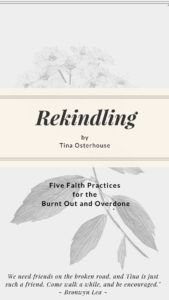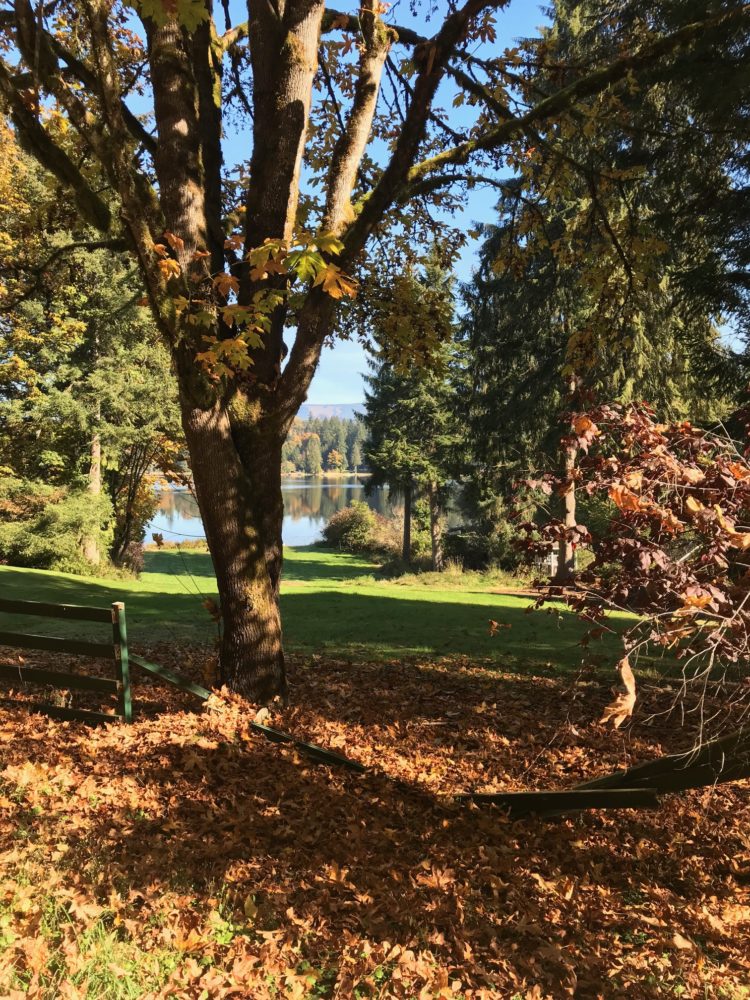I gave the homily the other day at our Soup and Bread gathering. I’ve edited it a bit for fluidity, but here it is.
* * *
The lectionary readings for the evening were Psalm 127, Ruth 3:1-5, 4:13-17, and Mark 12:38-44.
It doesn’t take very long for people to realize that much of this world revolves around money. When Lucas was a little boy, not even five, I mentioned to him that we needed to pray for a truck. We need a truck, I told him.
Lucas looked at me in his young manner and said, “Why do we need to pray for a truck? What we need is money.”
Sometimes it feels like everything revolves around money. When a son or daughter comes and asks if they can do something with friends, one of the the first things a parent usually asks is, “How much is it going to cost?”
Another question people ask, in this world driven by money, is, “What will I get if I give you this amount of money?” In other words, “What is the return of investment?” If we are going to spend our time or our money on something, we want to know if it’s worth it.
The world’s economy is driven round by money, by the bottom line, and what is in it for me? Sometimes, someone will have a surplus of money, and choose to invest in a more philanthropic way. They’ll donate to charities – Jeff Bezos recently announced that he and his wife plan to 2 Billions dollars for preschool education and to help homelessnes. His net worth is 165 billion dollars. He’s certainly giving out of his overflow.
When a person donates a large amount of money to some sort of cause the organization usually puts their name on the wall, on a plaque, or even on a bench. They receive recognition for their generous gift, which was given out of their surplus, out of their extra. The recognition they receive is their reward – many even give those very gifts so that they might receive recognition. They want people to know they’ve been generous.
Here in the texts from Scripture, we are invited to take a focused look at God’s economy, at God’s bottom line, at the way the Kingdom of Heaven looks at cost and return of investment.
There is this word in Hebrew that occurs more than 245 times in the Old Testament. It is the word, Hesed. We translate it into English in several ways, mostly as Lovingkindness, or as mercy, grace. Hesed is a word that cannot be separated from relationship, or from goodness that comes from the heart. Hesed also holds a connotation of mutuality.
In the book of Ruth, it is Ruth who shows Hesed to her mother-in-law, Naomi. They are both widows, who have lost everything and have no social standing. Naomi decides to leave Moab, which is Ruth’s home country, and go back to Israel to begin again. She urges Ruth to stay, but Ruth determines to go with her. She says, I will go with you, and I will not leave you, no matter what. If Naomi were Ruth’s mother, this would not be so striking, but Naomi is Ruth’s mother-in-law, and Ruth has no vested interst anymore in trying to be a good daughter-in-law. Her husband is dead. Ruth is kind to Naomi, because she loves her.
Ruth shows us a picture of love – of Hesed. She also shows us a characteristic of God’s love. God loves us much like Ruth loved Naomi. God is loyal and goes with us even when we are bitter and our lives have crumbled, and we have nothing left but to return home, ashamed and sad. In fact, Jesus even says, “Lo, I am with you always, even unto the very end of the age.”
We also see this love when Ruth goes to Boaz, and asks him to be her redeemer, to love her, and to become a family together. Ruth shows Boaz, according to the text, Hesed. He is pleased that she would consider him, even though he is not young like the other men. He accepts her invitation, extending Hesed in return, and together they make a family – an unexpected family. They have a son who becomes the great-grandfather of King David, and in the end, Naomi, whose life was bitter and dried up, is given a new beginning, through a grandson.
God’s economy, is an economy built and sustained by loving-kindness. God’s bottom line is love. Relational love. Sacrificial love.
We see in the Psalm 27 that what builds a house, or a family is not money and not a great return of investment, but relationship with God. We can set out to build a great house, and if we don’t invite God into it, it doesn’t matter how much we build, and likewise, when we are in relationship with God, God is able to take the most difficult circumstances of pain and heartache, and help us rebuild our lives.
Jesus’ story of the widow’s mite is particularly poignant, isn’t it?
Many years ago, when Emma was five, we went on a trip to Chile. At the end of our visits there, we always went to the Mercado, the place where we would buy all the gifts to go home. I gave Emma some money for her wallet, and off we went.
There was a little woman, who for years, sat outside the entrance to the Mercado to beg. She had no hands – just little stubs, and tiny thumbs. Emma asked me about her when we went inside. I explained that she couldn’t work because she had no hands.
At the end of our visit, on our way out the door, Emma, pulled out her wallet and emptied all her money for the little woman.
She gave the woman all she had.
In a world that is driven by the bottom line, and what’s in it for me, we can easily forget that God does not love us with a selfish love. God does not look at us and think, “I’ll give, but I expect you to give me something in return. God does not ask you for loyalty without first, offering you rare kind of loyalty, indeed.
Instead, God gives Hesed, lovingkindness, mercy, and grace, and invites us into a mutual relationship of love, into a family relationship of love, where God extends loyalty to us first. God invites us to love God in return.
It would be easy to wrap this up, with a very typical statement – When you give your small offerning to God in love, like the widow’s mite, God will take it and turn it into more. God will multiply it. While I think there is a place for that theology. We have the story of the feeding of the five-thousand where they give two fish and five loaves and God multiplies it, these texts offer us some a little different.
Yes, in God’s economy there is a return of investment that far outweighs anything we can imagine. But, I think these scriptures show us something different, something more foundational than that.
These scriptures invite us to welcome God’s love into our hearts, and to return God’s love with love. When we love God and give unto God with our whole hearts, God delights in it, and receives it, much like Boaz did with Ruth.
Even if all you have to offer are dried up dreams, and a crushed life – when that is offered from the heart, God receives it as valuable, and will build something unique and unexpectedly beautiful with your offering.
* * *
 Please Sign up for Tina’s Hope Notes. These are short, weekly notes meant encourage you. You’ll get my free booklet, called Rekindling: Five Faith Practices for the Burnt Out and Overdone.
Please Sign up for Tina’s Hope Notes. These are short, weekly notes meant encourage you. You’ll get my free booklet, called Rekindling: Five Faith Practices for the Burnt Out and Overdone.


Tina,
This episode of On Being underscores some thoughts for me regarding giving out of our excess vs. giving out of our literal all. https://onbeing.org/programs/anand-giridharadas-when-the-market-is-our-only-language-nov2018/
Thank you! I love OnBeing.